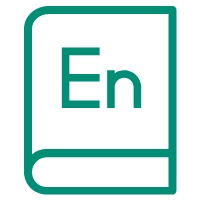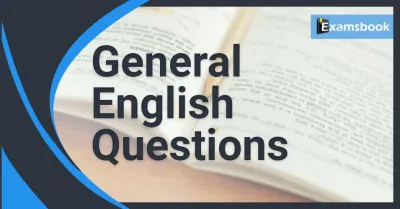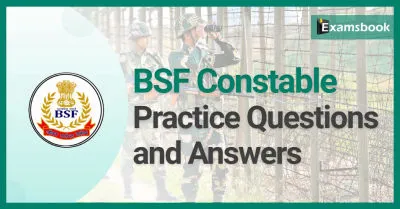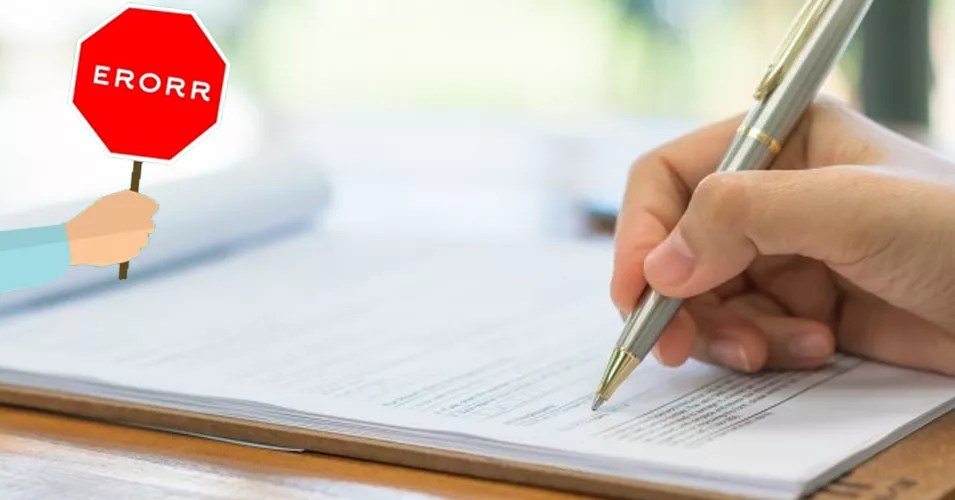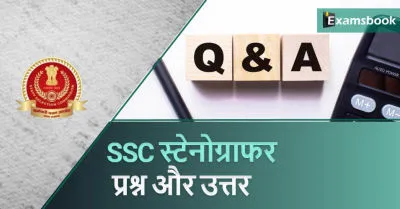- Free Test Series, Mock tests and Practice Tests
- Time proven exam strategies
- Exam analysis and simulated tests
- Hand-on real time test experience

Recently Added Articles View More >>
Welcome to our English Grammar Quiz and Answers blog, where we offer a treasure trove of quizzes and answers tailored specifically for competitive exams. Whether you're preparing for SSC, UPSC, or any other major test
Are you gearing up for the SSC CGL exams? Elevate your preparation with our comprehensive English Grammar Quiz designed specifically for SSC aspirants. This English Grammar Quiz blog is your go-to resource for mastering the intricacies of English grammar, offering a plethora of objective questions that mimic the exam pattern.
The Synonyms Objective Questions and Answers blog is a valuable resource for anyone looking to enhance their vocabulary and language skills. It features a comprehensive collection of multiple-choice questions focused on synonyms, offering readers a fun and interactive way to test their knowledge and improve their understanding of word meanings.
Welcome to our Fill in the Blanks Quiz and Answers blog! Here, you'll find an engaging collection of quizzes designed to test your knowledge across various topics. From literature and history to science and pop culture, we've got something for everyone.
Welcome to our English Grammar Quiz and Answers blog! Here, we dive into the intricacies of the English language, offering a fun and interactive way to test your grammar knowledge. Whether you're a language enthusiast, a student looking to sharpen your skills, or simply curious about the rules of English grammar,
Welcome to our General English Quiz and Answers blog! Dive into the world of language with our engaging quizzes designed to test your English proficiency. Whether you're a language enthusiast or someone looking to sharpen your skills, our quizzes cover a wide range of topics including grammar, vocabulary, idioms, and more.
Welcome to the General English Questions with Answers blog! Here, you'll find a wealth of resources to help you improve your English language skills. Whether you're a student looking to ace your exams.
Welcome to our Fill in the Blanks Questions and Answers blog! Here, we explore the intriguing world of fill-in-the-blank questions, a classic format that challenges knowledge, memory, and problem-solving skills.
Most Popular Articles
Most Popular Articles
Recently Added Questions
The doctor directed the nurse to administer an ________ medicine to the patient.
Select the most appropriate option to fill in the blank.
1.7K 2 65ba11e9d1edcba9d1e96536- 1officialfalse
- 2eminentfalse
- 3alternativetrue
- 4insightfulfalse
- Show AnswerHide Answer
- Workspace
- SingleChoice
Answer : 3 alternative
Explanation :
The most appropriate option to fill in the blank is:
Official
Explanation: In this context, the word "official" suggests that the medicine being administered is recognized and approved by the relevant authorities or medical professionals. It implies that the medicine is legitimate and prescribed within the official protocols of medical practice.
The other options do not fit well in the context:
"Eminent" means distinguished or noteworthy, but it doesn't directly relate to medicine in this context.
"Alternative" suggests a different option, which may not align with the doctor's directive.
Insightful" refers to having a deep understanding or perception, which doesn't make sense in the context of administering medicine.
Anita is an employee who has unconditional ________ for her company.
Select the most appropriate option to fill in the blank.
- 1supportfalse
- 2dedicationtrue
- 3attachmentfalse
- 4lovefalse
- Show AnswerHide Answer
- Workspace
- SingleChoice
Answer : 2 dedication
Explanation :
Unconditional dedication" implies unwavering commitment and loyalty to the company regardless of circumstances. While support, attachment, and love can also be relevant in the context of an employee's relationship with their company, "dedication" specifically captures the idea of steadfast loyalty and commitment. Therefore, option 2 is the best fit for the sentence.
- 1Announcefalse
- 2Circulatefalse
- 3Indicatefalse
- 4Assigntrue
- 5None of thesefalse
- Show AnswerHide Answer
- Workspace
- SingleChoice
Answer : 4 Assign
Explanation :
The word "consign" means put someone or something in (a place) in order to be rid of it or them and "assign" means designate or set (something) aside for a specific purpose.
Therefore, "consign" can be replaced with "assign" in the sentence, without changing its meaning.
Hence, 4 is the correct option.
In the following sentence, a word has been emboldened. Select the best alternative for the bold word from the given options.
I was shocked at the audacity and brazenness of the gangsters.
2.1K 1 64edf73918913c5bfc6a5e74- 1Cowardicefalse
- 2Insolencetrue
- 3Presumptionfalse
- 4Brevityfalse
- 5Heedfalse
- Show AnswerHide Answer
- Workspace
- SingleChoice
Answer : 2 Insolence
Explanation :
We have to choose the word which is similar to the emboldened word and replace it.
Audacity: willingness to take bold risks; rude or disrespectful behaviour; impudence.
Insolence: rude and disrespectful behaviour
- 1Only Afalse
- 2Only Cfalse
- 3Only Bfalse
- 4Both B and Ctrue
- 5No improvementfalse
- Show AnswerHide Answer
- Workspace
- SingleChoice
Answer : 4 Both B and C
Explanation :
The underlined part of the sentence is grammatically incorrect. The preposition 'for’ used here is wrong. The correct preposition should be 'to’.
Gauge means to judge or assess (a situation, mood, etc.).
Hence 'assess’ is a synonym of 'gauge’.
Both choices B and C are correct. Hence the correct answer is option 4.


